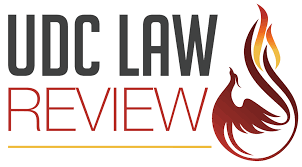
Abstract
The sixties and seventies saw the creation of new rights and the expansion of old ones in response to discrimination, disenfranchisement, and poverty. The new rights were both participatory rights' and substantive rights.2 They effected a redistribution of wealth and power. Essentially, they were rights to consume and rights to share. We called these rights "The New Property."3 As we moved from an era of sustained growth and surplus to budget deficits and trade deficits, we have been less willing to address social problems by expansion of those rights. Political and judicial receptivity to further redistribution diminished sharply.' Litigation seeking to address growing inequality and long festering social problems by expansion of these entitlements came to be perceived as an effort to redistribute a fixed pie. For the poor to gain, someone less poor had to lose. The result has become a zero-sum game in which the winners give no quarter. Those who seek to address social problems by litigation find themselves engaged more and more in a holding action. Yet, a holding action is not enough; the problems do not stand still; they grow. This Article argues that a new group of rights is needed and can be established.
First Page
25
Recommended Citation
Edgar S. Cahn,
Beyond The New Property: The Right To Become And Remain Productive,
1
U.D.C. L. Rev.
25
(1992).
Available at:
https://digitalcommons.law.udc.edu/udclr/vol1/iss1/6
Included in
Civil Rights and Discrimination Commons, Law and Society Commons, Social Welfare Law Commons

